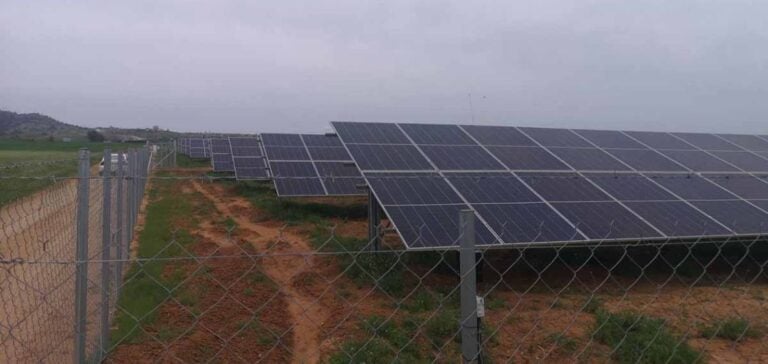Zanzibar, a Tanzanian archipelago historically reliant on electricity imported via TANESCO (Tanzania Electric Supply Company), is entering a new phase in its energy development. The Zanzibar Electricity Corporation (ZECO), the public entity responsible for electricity supply on the archipelago, has recently issued a call for tenders for the design, supply, and installation of an 18 MW solar power plant located in Makunduchi, in the southern part of the archipelago.
Under the contract terms, the selected company will not only construct the plant but also operate and maintain the facility for three years. A training period for ZECO employees will precede the full handover of operations to the public corporation. This project is funded by the World Bank, with support from the government of Zanzibar in partnership with the United Republic of Tanzania. Applications must be submitted by January 31, 2025.
A Key Project in an Ambitious Energy Strategy
The development of this solar plant is part of a broader energy plan. Last May, ZECO signed a partnership with Generation Capital Limited (GCL) and Taifa Energy to launch 180 MW of solar production in Zanzibar. This historic project marks the first large-scale local renewable energy production initiative for the archipelago.
The Makunduchi solar plant will serve as a significant milestone in achieving this goal, reducing reliance on imported energy. Solar energy will also diversify the archipelago’s energy sources, contributing to energy security, local economic development, and a reduced carbon footprint.
A Context of Rapid Renewable Energy Growth
In Tanzania, renewable energy is experiencing significant growth. According to the International Renewable Energy Agency (IRENA), the country had an installed solar capacity of 16 MW by the end of 2023. With projects like Zanzibar’s, this capacity is expected to grow substantially in the coming years.
For the archipelago, the rise of renewable energy also represents a strategic response to specific challenges. Beyond ensuring stable supply for its citizens, the Makunduchi project will support the tourism sector, a cornerstone of the local economy, as well as emerging industries.
This project reflects Zanzibar’s commitment to adopting modern and sustainable energy solutions. Ultimately, these initiatives could inspire other African regions to pursue similar paths towards energy autonomy and ecological transition.






















